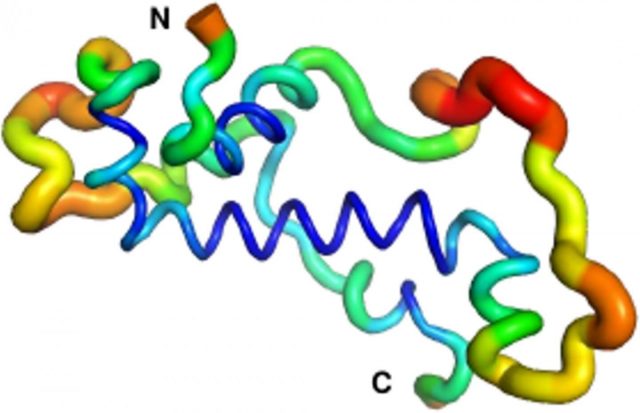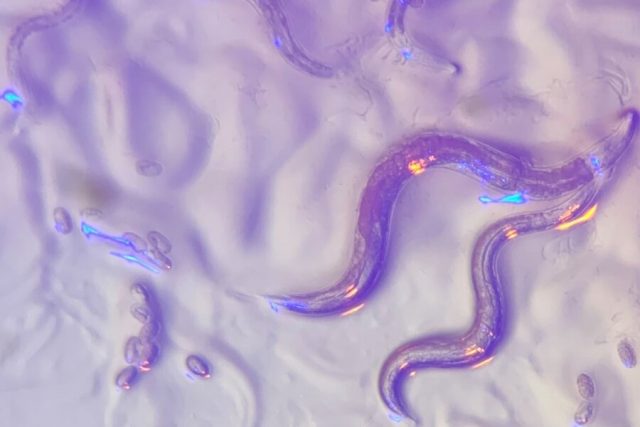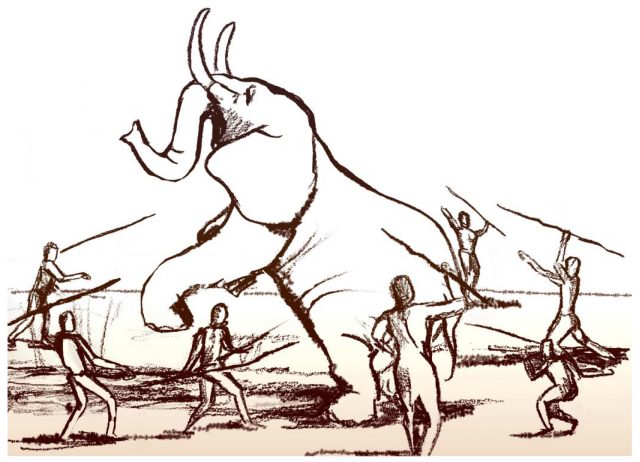Proteins are the key component in all modern forms of life. Hemoglobin, for example, transports the oxygen in our blood; photosynthesis proteins in the leaves of plants convert sunlight into energy; and fungal enzymes help us to brew beer...
Jesús Rodríguez and Ana Mateos, scientists at the Centro Nacional de Investigación sobre la Evolución Humana (CENIEH), working with the geographer Christian Willmes of the University of Cologne (Germany), have analyzed the climatic conditions humans experienced in western Europe...
In around 1833 the first specimens of fossilized wood from Antarctica were reported by surgeon, naturalist and artist James Eights.
We now know that fossils are, in fact, abundant in Antarctica, and the most common are of wood and leaves....
The earliest multicellular organisms may have lacked heads, legs, or arms, but pieces of them remain inside of us today, new research shows.
According to a UC Riverside study, 555-million-year-old oceanic creatures from the Ediacaran period share genes with today's...
When you think about what separates humans from chimpanzees and other apes, you might think of our big brains, or the fact that we get around on two legs rather than four. But we have another distinguishing feature: water...
Satellite imagery shows that the area covered by kelp forests off the coast of Northern California has dropped by more than 95 percent, with just a few small, isolated patches of bull kelp remaining. Species-rich kelp forests have been...
Roundworms don't have eyes or the light-absorbing molecules required to see. Yet, new research shows they can somehow sense color. The study, published in the journal Science, suggests worms use this ability to assess the risk of feasting on potentially...
How might people's political ideology affect their perception of race?
Previous research by Amy Krosch, assistant professor of psychology in the College of Arts and Sciences, has shown that white people who identify themselves as political conservatives tend to have a lower...
A new paper by Dr. Miki Ben-Dor and Prof. Ran Barkai from the Jacob M. Alkow Department of Archaeology at Tel Aviv University proposes an original unifying explanation for the physiological, behavioral and cultural evolution of the human species,...
For the first time, scientists have assessed how many corals there are in the Pacific Ocean -- and evaluated their risk of extinction.
While the answer to "how many coral species are there?" is 'Googleable', until now scientists didn't know...
The cell membranes of all organisms contain ion channels that permit ions to pass into or out of the cell, and these channels play extremely important roles in fundamental physiological processes such as heartbeats and the rapid conduction of...


















